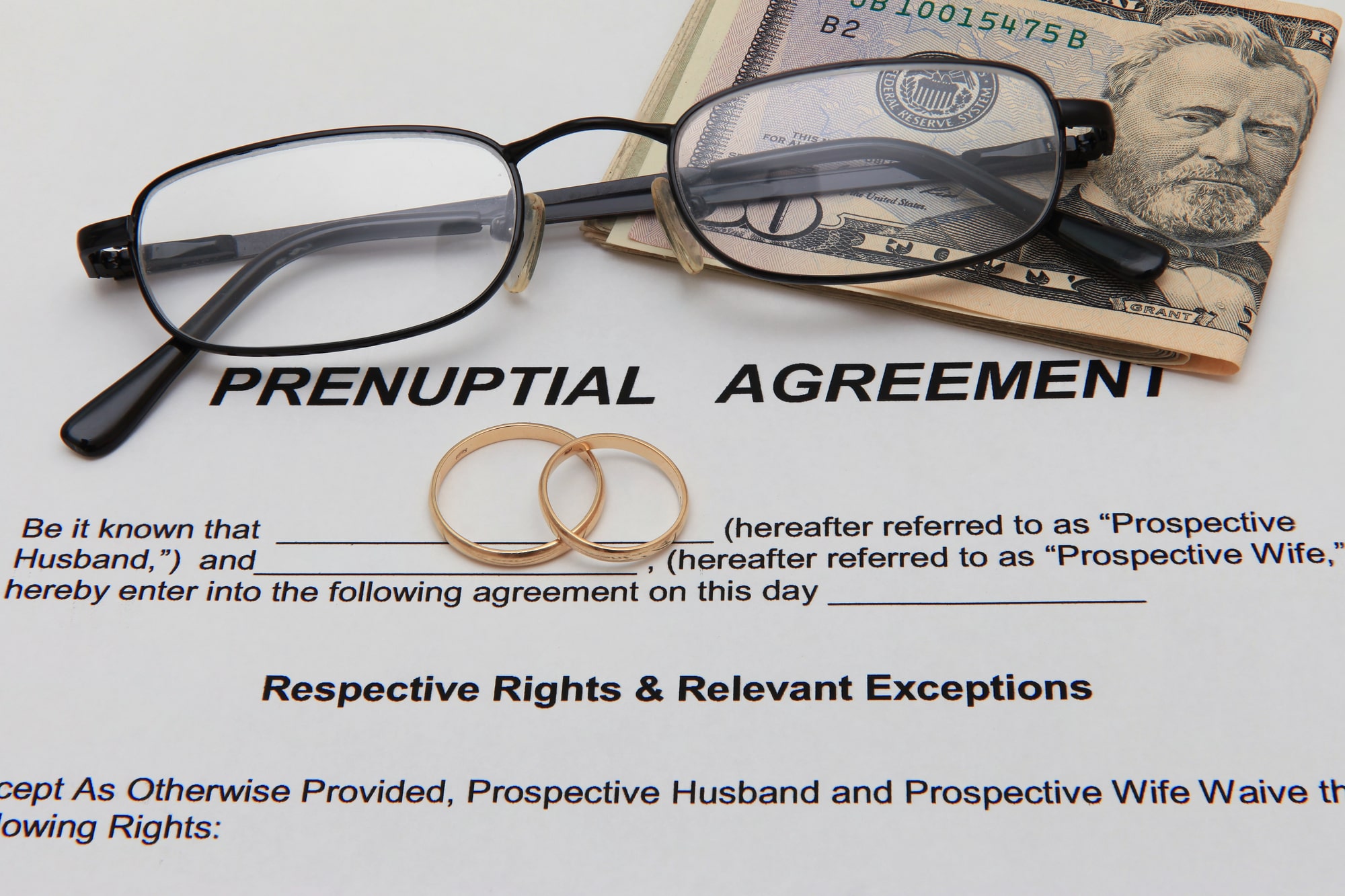
Couples preparing for marriage frequently have financial priorities or family responsibilities that call for advance planning. At our firm, we work with clients to prepare prenuptial agreements that reflect both current and future circumstances. We handle the full process, from asset disclosure to drafting terms that comply with Florida law. Whether you’re protecting a business, securing separate property, or addressing potential debt, we can draft a clear agreement tailored to your situation. We also review agreements that have already been prepared and offer feedback on enforceability. If you’re preparing for marriage and want to understand your legal options, a consultation with a Miami, FL prenup lawyer is a smart place to start.
What Can And Cannot Be Legally Included In A Prenuptial Agreement?
We can include terms in a prenup that define how property will be divided, whether either party will receive spousal support, and how to handle income earned during the marriage. We can also clarify rights to retirement accounts, businesses, and debts. However, we cannot include anything that limits child custody or child support, since those matters must follow state guidelines and consider the best interests of the child. We also avoid including personal or lifestyle clauses that aren’t enforceable under contract law.
How Does A Prenup Affect Property Division In The Event Of Divorce?
A valid prenup can override standard property division rules by clearly stating how assets and debts will be separated. Without a prenup, courts typically divide marital property based on equitable distribution, which may not match the couple’s intentions. With a prenup in place, we help clients document what will remain separate and what will be shared, reducing the likelihood of court disputes during a divorce. This can include real estate, financial accounts, and personal property that each spouse wants to retain.
Can A Prenuptial Agreement Determine Future Spousal Support Or Alimony?
Yes, a prenuptial agreement can address alimony by outlining a specific amount, setting time limits, or waiving it entirely. Courts will generally uphold these provisions as long as the agreement was signed voluntarily and both parties fully disclosed their financial situation. We always review these terms carefully, especially if one party is likely to be financially dependent, to help reduce future legal challenges and avoid claims of unfairness.
Is A Prenup Enforceable If One Party Did Not Have Legal Representation?
Although not required by Florida law, legal representation for both parties strengthens a prenup’s enforceability. If only one party had an attorney, the agreement could still be valid, but it may face extra scrutiny in court. We strongly recommend that both parties have separate counsel. This not only promotes fairness but also makes it easier to defend the agreement later if its validity is questioned.
How Far In Advance Should A Prenup Be Signed Before The Wedding?
We recommend finalizing the agreement at least 30 days before the wedding. Signing too close to the ceremony can lead to arguments that one party felt pressured. Courts may see a last-minute prenup as lacking in voluntary consent. Giving both parties time to review the terms and consult with attorneys is the best way to reduce legal risk and maintain transparency in the process.
Taking Thoughtful Steps Before Marriage
If you’re aiming to protect assets you owned before marriage or prevent future disputes, getting legal guidance early can make a difference. Prenups don’t signal distrust—they’re a way to clarify expectations in advance and avoid stress in the future. Attorneys like those at The McKinney Law Group work with clients to create fair and enforceable agreements. If you’re planning to marry and want to discuss your legal options, reach out today to speak with someone who can help you take the next step forward.
